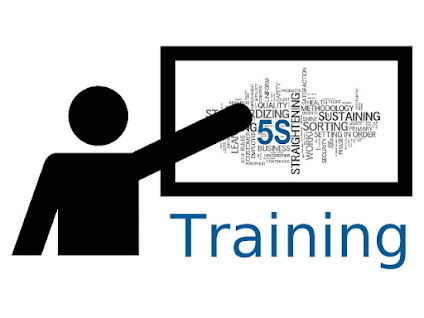Mastering FMEA: 7 Benefits of Professional Training for Your Team
FMEA (Failure Mode and Effects
Analysis) is a systematic approach to identifying potential risks in product
design, manufacturing processes, and services. It’s used by companies of all
sizes across many industries to ensure that their products are safe and
reliable. Professional FMEA
training can help your team understand the principles behind this
powerful tool so they can use it effectively for improved quality assurance,
cost savings, customer satisfaction, and more. Here are seven benefits of
professional FMEA training for your team:
1) Improved
Quality Assurance: Professional FMEA training will help your team identify
potential problems before they occur in the production process or with finished
products/services delivered to customers. This reduces defects while improving
consistency across projects – leading to higher levels of customer satisfaction
over time as well as fewer returns due to faulty goods or poor service delivery
standards.
2) Cost
Savings:
By using an effective failure mode analysis process, you'll be able to prevent
costly mistakes from occurring throughout the life cycle of a project. In
addition, proactively addressing issues prior to implementation also helps
avoid unexpected costs associated with fixing problems after launch.
3) Increased
Efficiency:
With a proper understanding of how Failure Mode and Effect Analysis work, teams
will learn how best to utilize resources available within their organization in
order to improve efficiency when tackling complex tasks - thus reducing overall
timelines required to complete them successfully without compromising on
quality end results expected from stakeholders involved
4) Risk
Mitigation Strategies: Training provides the knowledge necessary to create
effective risk mitigation strategies that enable teams to plan ahead for any
foreseeable challenges that may arise during the development stage ensuring
smooth transitions into the next steps needed to reach desired outcomes faster
than otherwise possible if no such plans place begin with
5) Enhanced
Communication Skills: Learning about different aspects related to Failure Modes
and Effects Analyses helps foster better communication between members of
various departments within the company since everyone should have the same
level of understanding of what needs to be done at each step way towards
achieving the common goal set out at start journey
6) Improved
Decision-Making Capabilities: The ability to make informed decisions based on data
collected through analysis important part of successful management strategy
especially when dealing with large-scale operations involving multiple
stakeholders. Having a clear picture situation allows managers to take appropriate
actions quickly and efficiently minimizing chances of errors being made along
the way.
Also Read: Kaizen Training
7) Greater
Understanding Complex Systems: Through comprehensive instruction provided during courses
participants gain greater insight into complexities often encountered when
working with complex systems. This deeper comprehension then leads to improved
problem-solving skills allowing individuals to tackle difficult tasks
confidently knowing exactly where to look for solutions to any given scenario.




Comments
Post a Comment